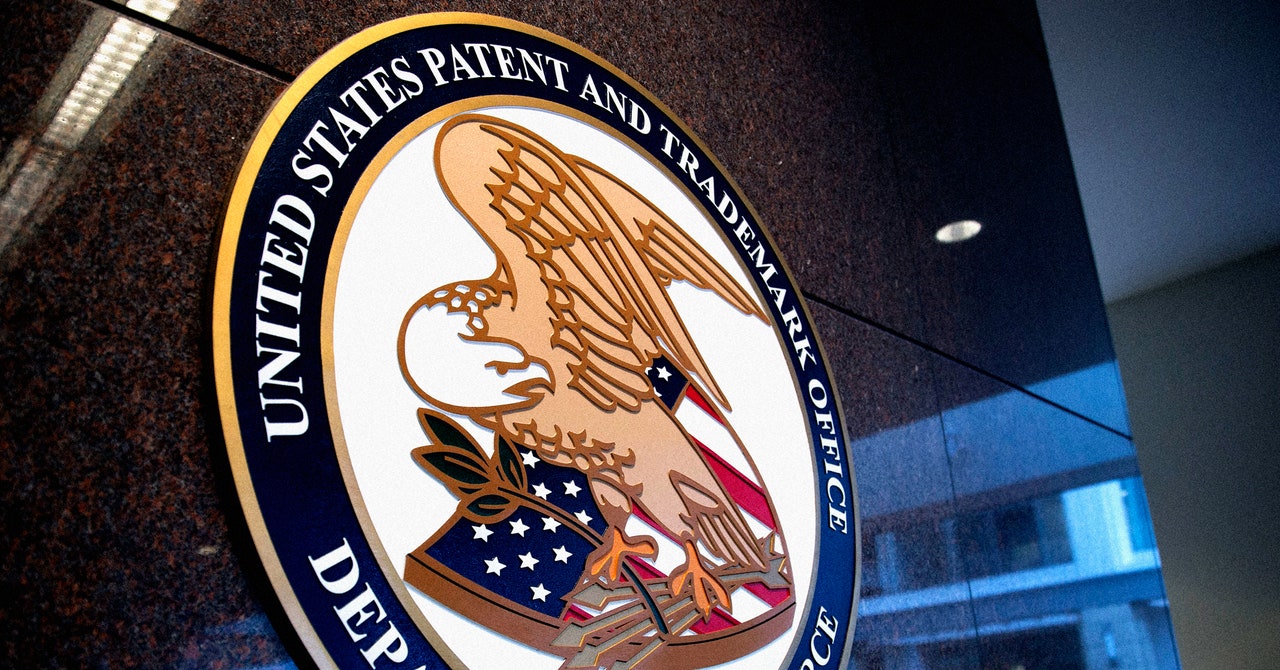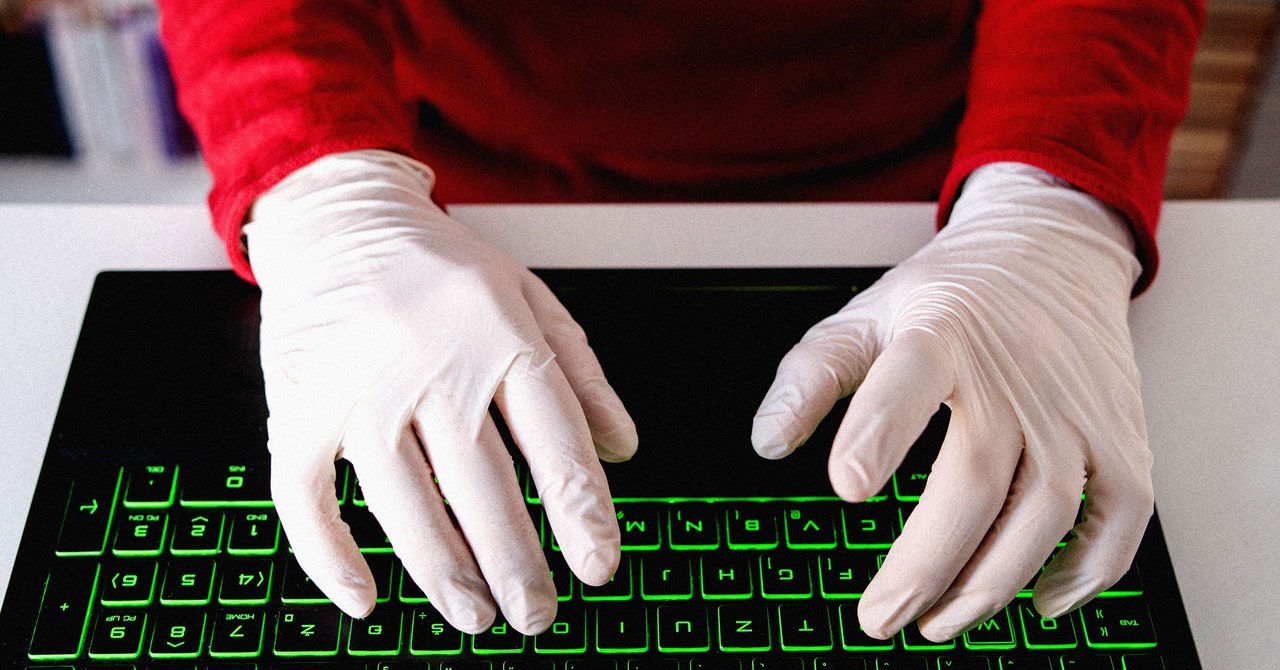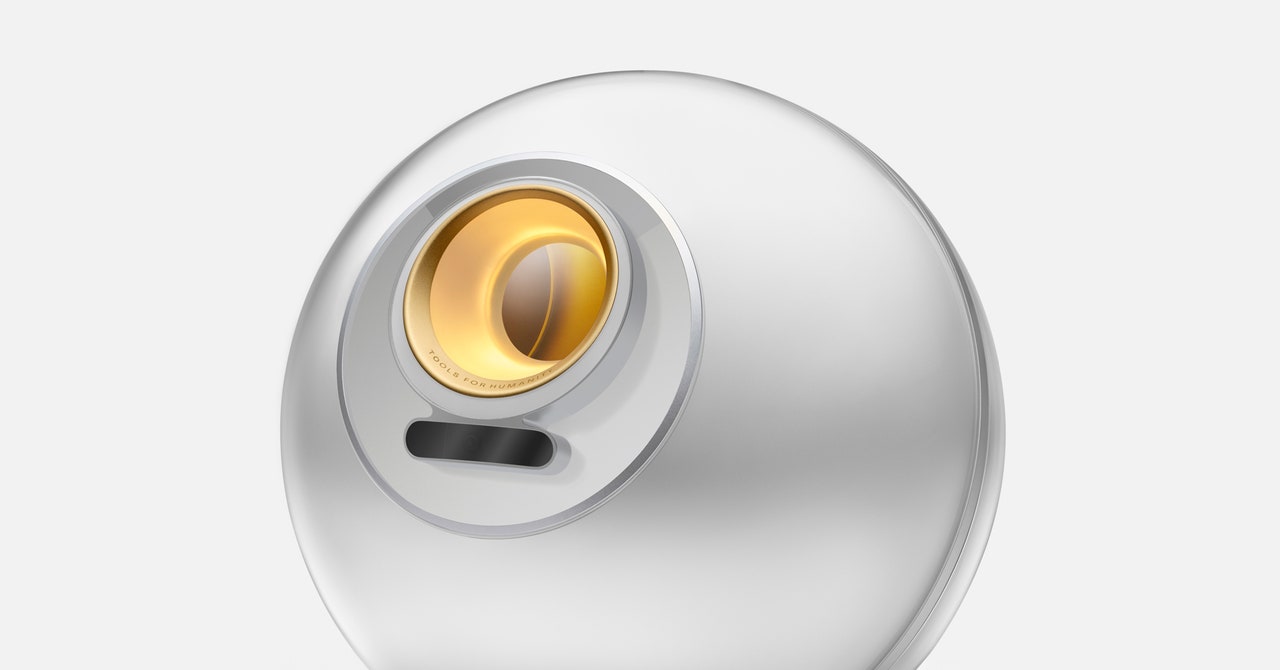Outside of the test environment, USPTO employees are prohibited from relying on artificial intelligence programs such as OpenAI’s ChatGPT or Anthropic’s Claude for work tasks. Last year’s guidance note also banned the use of any output from the tools, including AI-generated images and videos. But Patent Office officials can use some approved artificial intelligence programs, such as those in the agency’s own public database, to search registered patents and patent applications. Earlier this year, the USPTO approved a $75 million contract with Accenture Federal Services to update its patent database with improved AI-powered search features.
The United States Patent and Trademark Office, an agency of the Department of Commerce, is responsible for protecting inventors, granting patents, and registering trademarks. It also “advises the President of the United States, the Secretary of Commerce, and U.S. government agencies on intellectual property (IP) policy, protection, and enforcement,” according to the USPTO website.
At an event sponsored by Google in 2023, Holcomb, the author of the guidelines, said government red tape was making it difficult for the public sector to use new technologies. “Everything we do in government is pretty stupid when you compare it to the commercial world, right?” he said. Holcomb specifically cited cumbersome budgeting, procurement and compliance processes, arguing that they hinder the government’s ability to quickly adopt innovations like artificial intelligence.
The USPTO is not the only government agency to prohibit staff from using generative AI, at least for some purposes. Earlier this year, the National Archives and Records Administration banned the use of ChatGPT on government-issued laptops, according to 404 Media. But soon after, the National Archives hosted an internal presentation that encouraged employees to “think about [Google’s] Gemini as a colleague.” During the meeting, some archivists expressed concern about the accuracy of generative AI. Next month, the National Archives plans to launch a new public chatbot for accessing archival records, developed with technology from Google.
Other US government agencies use or avoid generative AI in different ways. The National Aeronautics and Space Administration, for example, has specifically banned the use of AI chatbots for sensitive data. However, NASA decided to experiment with the technology to write code and generalize research. The agency also announced last week that it is working with Microsoft on an AI chatbot that can collect satellite data to make it searchable. This tool is currently only available to NASA scientists and researchers, but the goal is to “democratize access to space data.”




